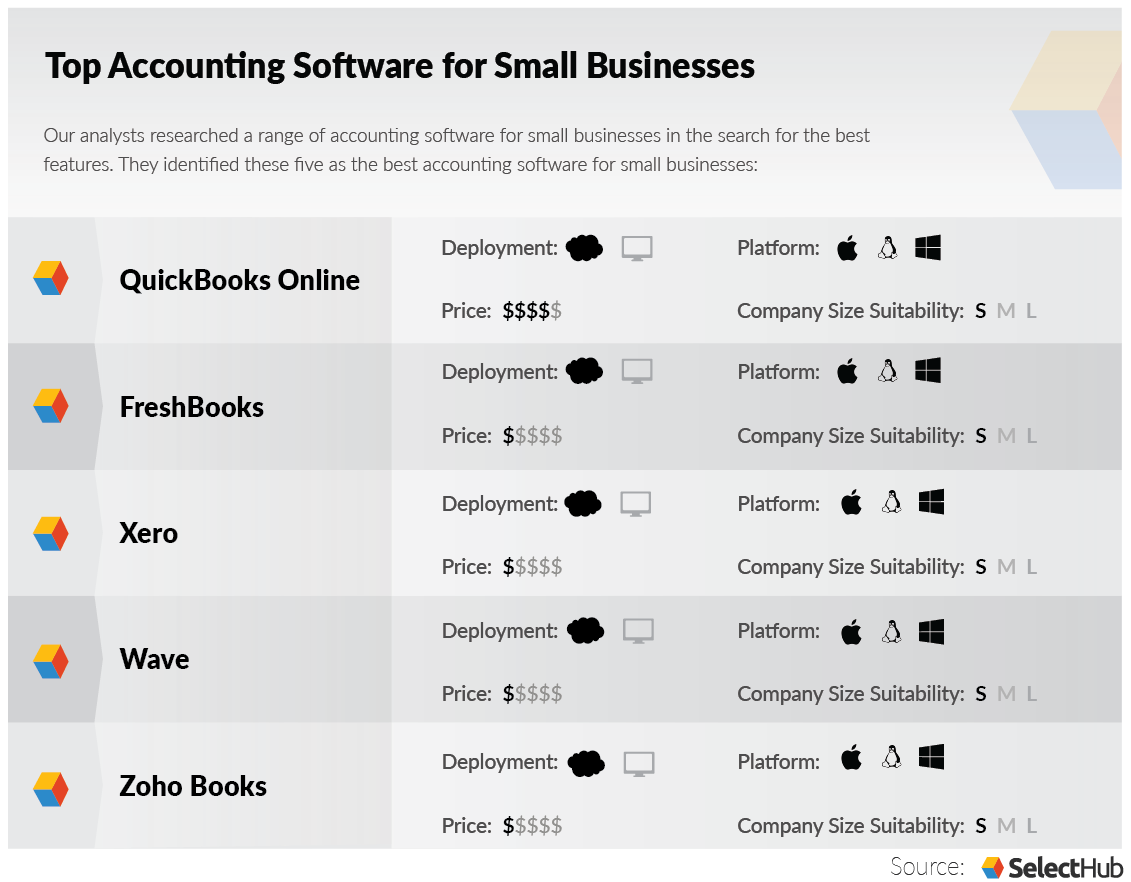Work-Related Car Accidents: Overview
Driving on the job is an inherent part of many occupations, increasing the likelihood of an employee’s involvement in a motor vehicle crash. These incidents are known as work-related car accidents, a common occurrence that can have serious consequences for both employees and employers.
When employees get behind the wheel for work purposes, they assume an elevated risk. Whether it’s commuting to a remote job site, running errands for the company, or transporting clients, the potential for accidents looms large. The ramifications can be severe, including injuries, property damage, and even fatalities. Moreover, these incidents often lead to lost productivity, increased insurance premiums, and legal complications for employers.
Understanding the causes and consequences of work-related car accidents is crucial for both employees and employers. By implementing proactive safety measures, such as comprehensive driver training programs, regular vehicle maintenance, and clear policies regarding mobile device use while driving, the frequency and severity of these accidents can be significantly reduced.
Work-Related Car Accidents: A Major Concern
In the bustling world of commerce and industry, work-related car accidents have become an unfortunate reality. These incidents cost businesses billions of dollars annually and leave countless employees injured or worse. Understanding the common causes of these accidents is crucial for employers and employees alike to implement effective preventive measures.
Common Causes of Work-Related Car Accidents
Distracted driving, fatigue, and driving under the influence of alcohol or drugs are the most prevalent causes of work-related car accidents. Distracted driving, in particular, has become rampant with the advent of smartphones and other electronic devices that tempt drivers to take their eyes off the road. Fatigue, caused by long working hours or sleepless nights, also impairs judgment and increases the risk of accidents. Driving under the influence of alcohol or drugs further diminishes cognitive abilities and reaction times.
However, one of the most concerning causes of work-related car accidents is driver fatigue. Fatigue can result from a variety of factors, including long work hours, irregular sleep schedules, and even personal or family issues. When a driver is fatigued, their reaction times are slowed, their judgment is impaired, and their ability to make quick decisions is compromised.
The consequences of driver fatigue are often severe. According to the National Highway Traffic Safety Administration (NHTSA), fatigued drivers are three times more likely to be involved in a car accident than drivers who are well-rested. In fact, fatigue is a contributing factor in nearly one-third of all fatal car accidents.
So, what can employers do to reduce the risk of work-related car accidents caused by driver fatigue? There are several steps that employers can take, including:
- Educating employees about the dangers of fatigued driving.
- Limiting the number of hours that employees are allowed to drive in a day or week.
- Providing employees with opportunities to take breaks and rest.
- Creating a workplace culture that discourages fatigued driving.
- Offering flexible work schedules and other benefits that can help employees get the rest they need.
By taking these steps, employers can help reduce the risk of work-related car accidents and keep their employees safe.
Work-Related Car Accidents: What You Need to Know
Work-related car accidents are a common occurrence, and they can have a significant impact on your life. Not only can you suffer physical injuries, but you can also lose wages, and damage your vehicle. If you’ve been involved in a work-related car accident, it’s important to know your rights and what steps to take.
Employer Liability for Work-Related Car Accidents
In most cases, employers are liable for work-related car accidents. This means that they are responsible for paying for your medical expenses, lost wages, and other damages. However, there are some exceptions to this rule. For example, if you were driving under the influence of alcohol or drugs, or if you were not acting within the scope of your employment, your employer may not be liable.
If you believe that your employer is liable for your work-related car accident, you should speak to an attorney. An attorney can help you file a claim for damages and get you the compensation you deserve.
What to Do After a Work-Related Car Accident
If you’re involved in a work-related car accident, there are a few things you should do:
* Pull over to the side of the road and call 911.
* Exchange information with the other driver(s) involved in the accident.
* Take photos of the accident scene.
* Get a copy of the police report.
* Report the accident to your employer.
* See a doctor as soon as possible, even if you don’t think you’re injured.
Following these steps will help you protect your rights and get the compensation you deserve.
Additional Tips for Preventing Work-Related Car Accidents
Here are a few tips to help you prevent work-related car accidents:
* Always drive defensively.
* Be aware of your surroundings.
* Obey the speed limit.
* Avoid driving while tired or distracted.
* Take breaks when you need them.
By following these tips, you can help reduce your risk of being involved in a work-related car accident.
Work-related Car Accidents: A Pressing Concern
Every year, countless individuals suffer injuries or lose their lives in work-related car accidents. These incidents pose a significant threat to employees and businesses alike. However, by implementing proactive measures, we can prevent these accidents and safeguard the well-being of our workforce.
Preventing Work-Related Car Accidents
Employers bear a significant responsibility in preventing work-related car accidents. By adopting comprehensive safety programs, they can minimize the risks associated with employee driving. These programs may include:
Driver Training
Providing comprehensive driver training programs helps ensure that employees possess the necessary knowledge and skills to operate vehicles safely. Such programs cover defensive driving techniques, hazard recognition, and emergency response procedures.
Vehicle Inspections
Regular vehicle inspections are crucial to identifying potential mechanical issues that could lead to accidents. Employers should establish a protocol for inspecting vehicles before and after each use, paying particular attention to tires, brakes, and lights.
Fatigue Management
Fatigue is a major contributing factor to work-related car accidents. By implementing fatigue management programs, employers can identify and address potential issues, such as excessive working hours or lack of sleep, which could impair drivers’ alertness and judgment.
Speed Limit Policies
Enforcing strict speed limit policies can significantly reduce the likelihood of accidents involving company vehicles. However, it is equally important to ensure that employees understand the rationale behind these policies and are committed to adhering to them.
Distracted Driving Prevention
In today’s digital age, distracted driving has become a significant hazard. To combat this, employers should adopt policies that prohibit the use of cell phones, texting, and other electronic devices while driving for work purposes. Furthermore, employers can install hands-free calling systems to minimize distractions and promote safer driving practices.
Work-Related Car Accidents: What You Need to Know
Car accidents are a common occurrence, and they can be especially stressful when they happen while you’re on the clock. That’s why it’s important to know what steps to take if you’re involved in a work-related car accident. Here’s everything you need to know, from reporting the accident to getting the medical attention you need.
Reporting Work-Related Car Accidents
If you’re in a work-related car accident, the first thing you should do is report it to your supervisor. Your supervisor will then need to report the accident to the company’s insurance company. It’s important to report the accident as soon as possible, even if you don’t think you’re injured. This will help protect your rights and ensure that you get the benefits you’re entitled to.
Seeking Medical Attention
If you’re injured in a work-related car accident, it’s important to seek medical attention right away. Even if you don’t feel like you’re seriously injured, it’s always best to get checked out by a doctor. Some injuries, such as whiplash, may not show up right away. Getting medical attention will help you get the treatment you need and document your injuries.
Getting Compensation
If you’re injured in a work-related car accident, you may be entitled to workers’ compensation benefits. Workers’ compensation is a type of insurance that provides benefits to employees who are injured on the job. These benefits can include medical expenses, lost wages, and disability benefits. To file a workers’ compensation claim, you will need to contact your employer’s insurance company.
Protecting Your Rights
If you’re involved in a work-related car accident, it’s important to protect your rights. This means getting a copy of the police report, taking pictures of the accident scene, and getting witness statements. You should also keep a record of all your medical expenses and lost wages.
Conclusion
Getting in a car accident is never fun, but it’s especially stressful when it happens while you’re on the clock. By following these tips, you can help protect yourself and your rights if you’re involved in a work-related car accident.




Leave a Reply